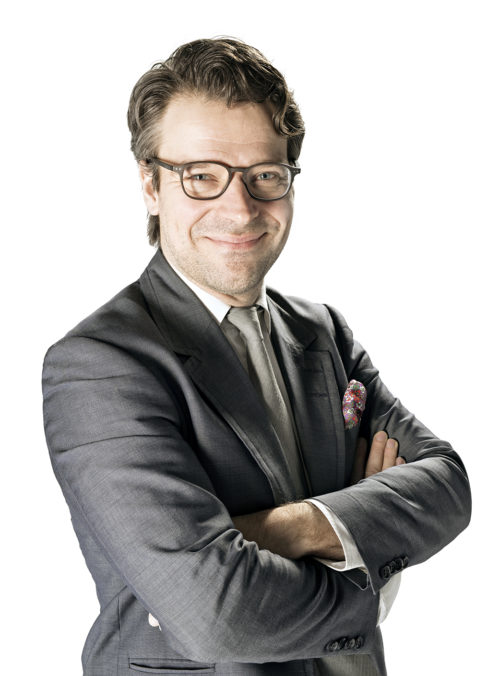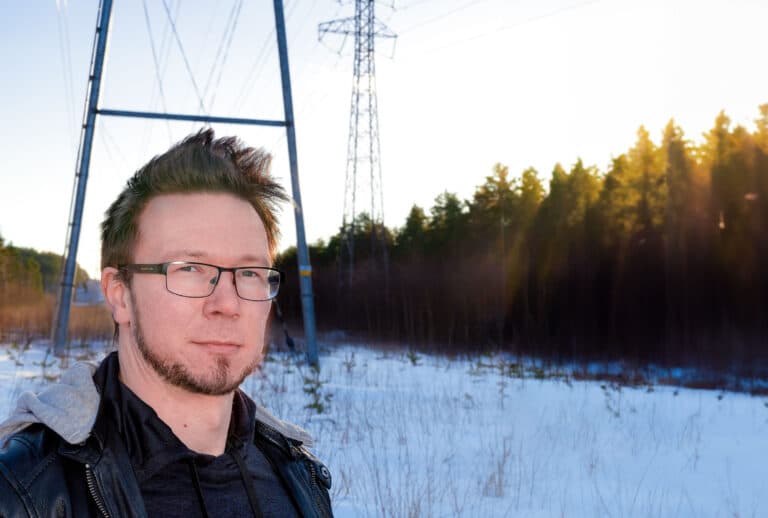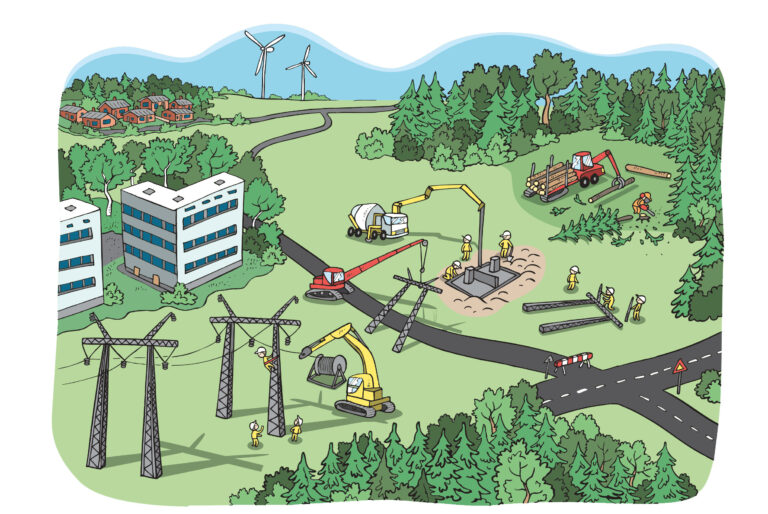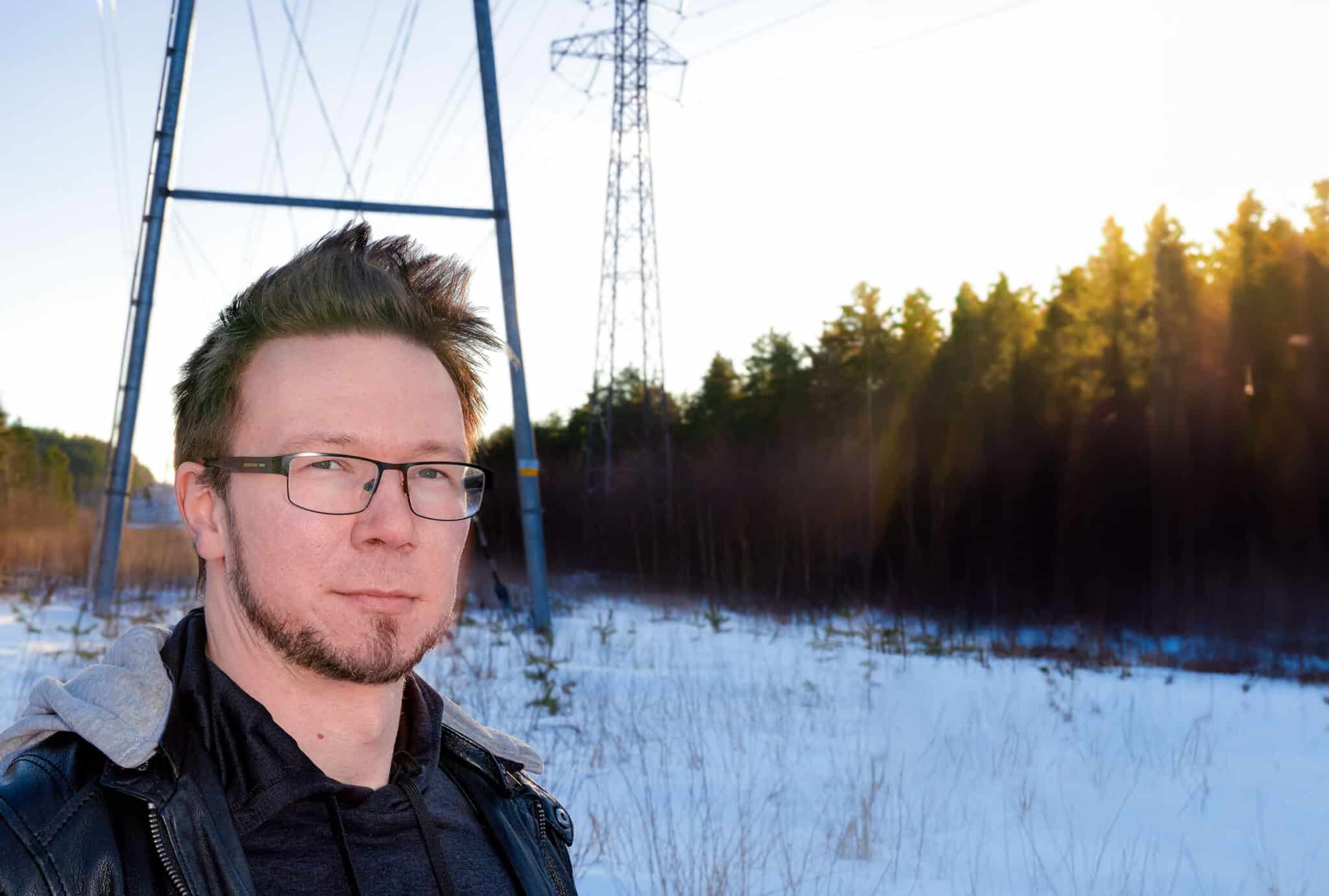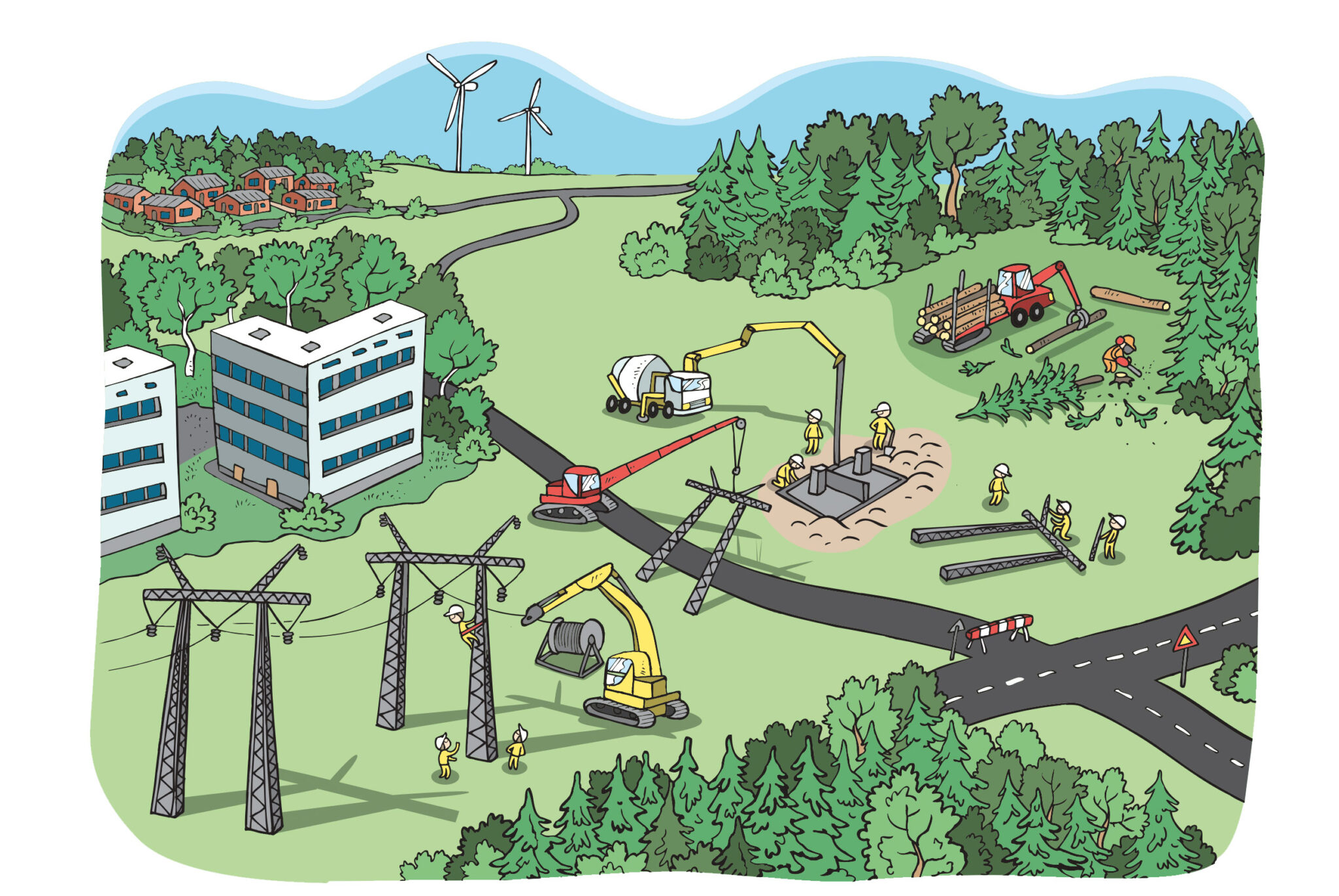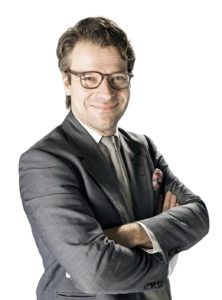
Finland should switch to a system based on renewable energy. That’s where the rest of the world, the energy market and investments are going. Now we have to find the most cost-effective, market-based way to implement such a system, emphasises Ville Niinistö.
He favours replacing feed-in tariffs with an auction system to speed up the implementation of renewable energy. This system would be maintained by the state.
“We’ll be stuck in an outdated, centralised structure if we don’t implement new energy on a broad scale. If that happens, Finnish companies won’t be able to find domestic markets for their solar, wind and other renewable energy expertise.”
Energy subsidies are also a barrier
Niinistö disagrees with the view that subsidies only apply to renewable energy.
“Fossil fuels receive the most support. Many subsidies encourage industry to continue producing greenhouse gas emissions and prevent the introduction of new solutions. This also includes subsidies for nuclear energy.”
Despite this, the former minister of the environment believes that subsidy and tax solutions based on political decisions could be eliminated in 5–10 years.
“In that case all subsidies, including ineffective energy tax cuts that interfere with emissions trading, would have to be dismantled.”
He does not agree with Fingrid’s view that the national energy policy overemphasises climate targets at the expense of system security and electricity market efficiency.
“System security for the electricity grid is a secondary concern if people let climate warming destroy their environment and economic system.”
Niinistö also believes that the market is the most effective way of directing resources when it works efficiently and encourages low-emission energy production.
“Our current market mechanisms are not doing this. We need stricter emissions trading and higher emission reduction targets.”
Niinistö calls for energy industry actors to visit Germany and see how “the future works”. •

